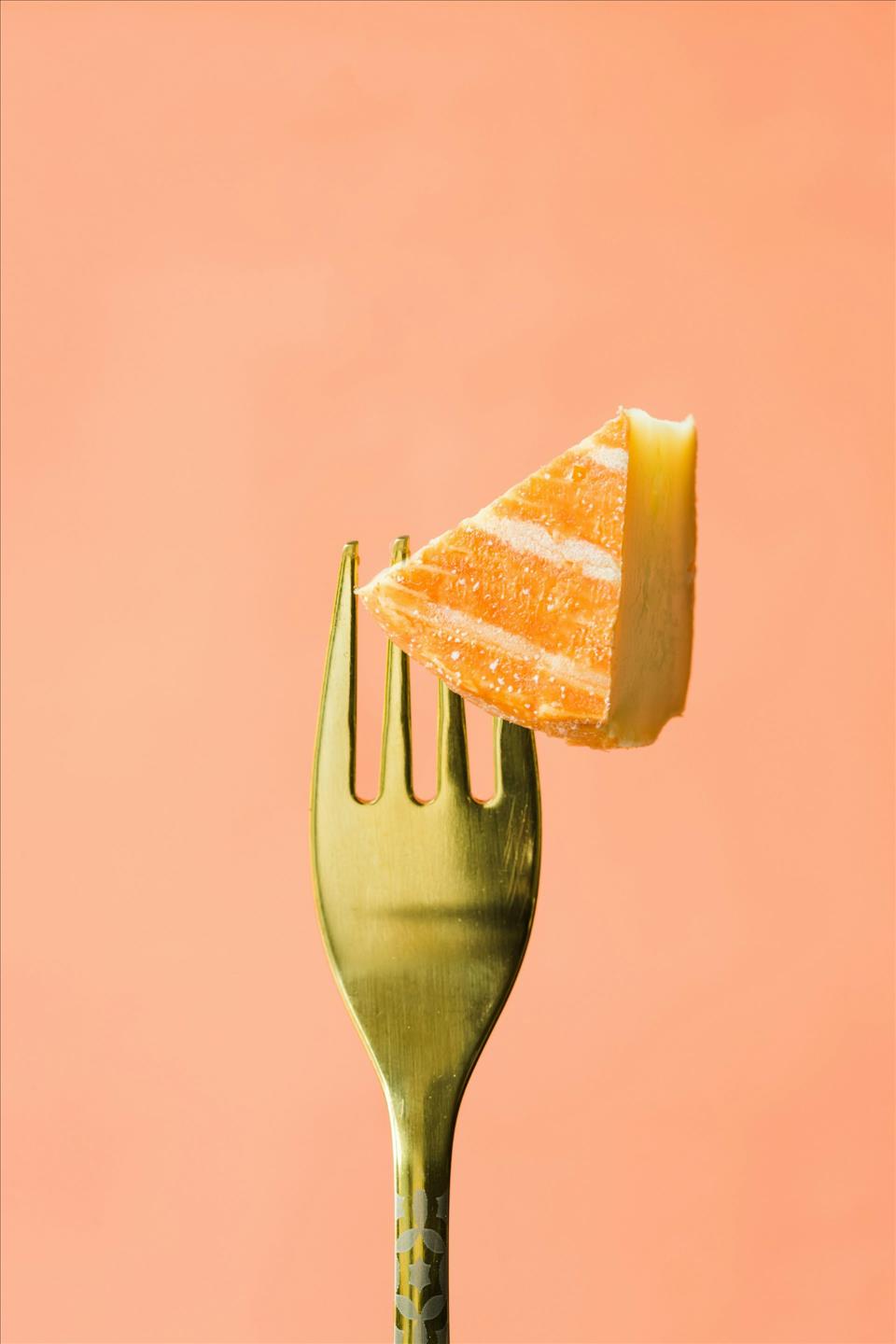
Is Your Diet Influencing Your Dreams? Here's What Our Research Says About Food And Nightmares
For centuries, people have believed that what and when they eat can influence their dreams. A prominent example of this can be found in the early 20th-century comic strip Dream of the Rarebit Fiend , in which characters often blamed their strange dreams on having eaten a cheese dish - like Welsh rarebit - the night before.
But even though folklore has long suggested that food and dreams are connected, scientific research into this notion has been limited.
A few exploratory surveys have provided preliminary, suggestive results. One study from 2007 found that people who ate more organic food reported having more vivid and bizarre dreams than those who consumed more fast food.
Similarly, a 2022 survey linked fruit consumption to more frequent dream recall, high fruit and fish intake to more lucid dreams, and sugary food consumption to more nightmares. And in our 2015 study , we found that nearly 18 per cent of participants endorsed the idea that what they ate influenced their dreams, with dairy being the most frequently cited culprit.
As a follow-up to that study, we recently conducted an online survey with 1,082 Canadian psychology students that asked them about their food habits, general health, sleep quality and dreams. We tested several hypotheses about how diet and food sensitivities might influence dreaming - including possible influences on the severity of nightmares.
What we foundPeople have long belived that what and when we eat impacts the quality of our sleep and the dreams we have. (Unslpash+)
Just over 40 per cent of participants told us that certain foods either worsened or improved their sleep quality. Around five per cent believed food affected their dreams, with desserts, sweets and dairy being the most frequently cited culprits.
People with food allergies or gluten intolerance were more likely to perceive that food influenced their dreams, while participants with lactose intolerance were more likely to report that food worsened their sleep.
We also found that participants with a food allergy or lactose intolerance reported more frequent and severe nightmares. Interestingly, the frequency of gastrointestinal symptoms, such as abdominal pain and bloating, was associated with both lactose intolerance and nightmares, thereby possibly explaining the relationship between the two.
These findings support a growing body of evidence suggesting a connection between the gut microbiome and the central nervous system (the gut-brain axis). What is novel about our findings is that they suggest gut discomfort can manifest psychologically during sleep as nightmares.
This connects to developing research examining the relationship of diet to post-traumatic stress disorder (PTSD) , one symptom of which is frequent nightmares. While research in this area has focused on the relationship of overall dietary patterns to PTSD , our findings suggest that specific foods, such as dairy and sweets, could exacerbate nightmares in particular.
This suggests that treatments for PTSD might usefully include an assessment of dietary habits, allergies and intolerances, and making dietary changes.
While our research provides insight into how food might affect dreaming, the results are correlational. Experiments are needed to test the extent to which certain foods can impact dreams.
The next steps could involve controlled experiments that test what happens when people consume certain trigger foods, such as cheese that contains lactose versus cheese that does not contain lactose, especially among those with lactose intolerance or who have frequent nightmares. Similar experiments could be done for participants with various types of food allergies.
People with food allergies or gluten intolerance were more likely to perceive that food influenced their dreams, while participants with lactose intolerance were more likely to report that food worsened their sleep. (Unsplash+) Some practical takeaways
Beyond dreaming, our findings, combined with what we know from previous research, suggest a few things you could do to help minimize food-related sleep disruptions:
Avoid eating late at night, especially heavy, sugary or spicy foods. We found that evening eating was associated with more negative dream content and poorer sleep quality. If you're lactose intolerant, try avoiding dairy before bed or switching to lactose-free options. For example, hard, aged cheeses tend to be lower in lactose than soft, fresh cheeses .If you have food allergies, consider minimizing your intake of culprit foods before bed. Fears and anxieties associated with potential allergic reactions could creep into your dreams. Keep track of any foods that seem to influence your sleep or dreams, and experiment with removing them for intermittent periods of time to see if they influence your sleep or dream quality.
In general, eating a nutrient-dense, balanced diet with fibre, fruits, vegetables and lean proteins could help support sleep or dream quality . Overall, the main takeaway is to listen to your body. If certain foods or dietary habits consistently lead to poor sleep or strange dreams, it's worth taking these symptoms seriously.

Legal Disclaimer:
MENAFN provides the
information “as is” without warranty of any kind. We do not accept
any responsibility or liability for the accuracy, content, images,
videos, licenses, completeness, legality, or reliability of the information
contained in this article. If you have any complaints or copyright
issues related to this article, kindly contact the provider above.

















Comments
No comment